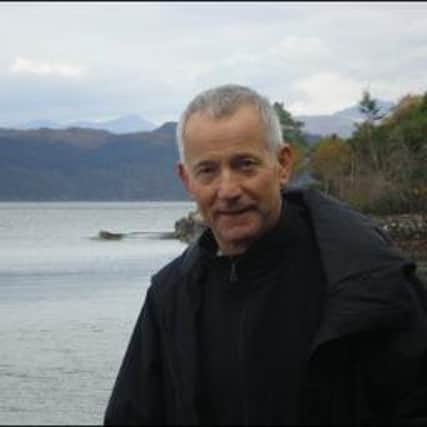Piecing together of identity for adopted people like dismantling a brick wall - Gary Clapton


First, when a child leaves their birth family for an adoptive family, their name is changed and original birth certificate (Original Birth Entry - OBE) is annotated “adopted”. A replacement Adoption Certificate is issued which carries the date of the adoption order and the court that made the order, together with the child’s new name and date of birth. These requirements alongside the Scottish practice of maintaining a private Register of Adoptions create barriers to finding one’s original birth certificate.
Second, records held by adoption agencies such as a local Council or a charity including ourselves at Birthlink (formerly known as The Guild of Service or Family Care), are locked away. These files will usually contain records of interviews with the birth mother and range from one page to several typed sheets detailing interviews at which the painful decision to relinquish is arrived at. Compounding the difficulties, or at least inaccessibility, many of the pre-1970s agencies have either closed or been re-named.
Advertisement
Hide AdAdvertisement
Hide AdThird, legal records relating to the adoption are sealed. These records are titled “Court Process” and only the adopted adult or their appointee may see these. “Court Process” records are probably the least known of adoption records, yet they contain vital papers including the signature of the person who relinquished the child for adoption, often the birth mother. We at Birthlink can act as appointees and liaise with the Adoption Unit at the National Records of Scotland in Edinburgh to access these.
The man I was working for had always known he was adopted and often used the abbreviated version of his adoption certificate as ID. A full adoption certificate states all the details of adoption, unlike the shorter version which makes no reference to this. He was unaware of the existence of the adoption agency and court process records. Records of adoptions in sheriff courts are generally kept in the local courthouse for up to 25 years. The court process for someone born in 1963 would be held centrally in the Adoption Unit in Edinburgh. Robert lives in England so he appointed me to act as his representative and after a time on the (Covid-related) waiting list, I was called in to see his papers.
It’s a humbling experience to have such a 60 year-old set of papers opened in front of you. I was only a representative and yet was very moved by the emotional weight they contained. The staff in the unit are hugely kind, caring and professional. The surroundings are pleasant and plenty time is allowed. This care and time is necessary (the Adoption Unit is also where people might see their original birth certificate for the first time). Robert’s papers were in a large manilla envelope and contained his mother’s permission and signature. Also in the envelope there were reports and assessment relating to prospective adoptive parents. A local solicitor’s report testified to the adopters’ suitability. I found that the adoption agency in Robert’s case was the local council. Now our next port of call.
For adopted people, the piecing together of identity remains about dismantling a blank and impenetrable wall brick by brick. This is enormously aided by the kindness of record holders like the staff at Scotland’s Adoption Unit in Edinburgh.
Dr Gary Clapton, reader in social work and programme director for BSc (Hons) in social work, Edinburgh University.
Comments
Want to join the conversation? Please or to comment on this article.